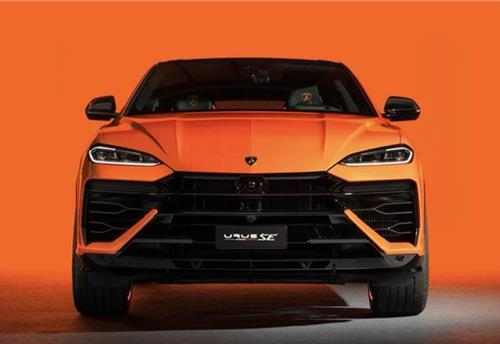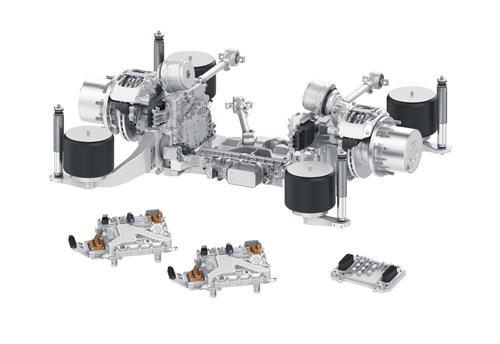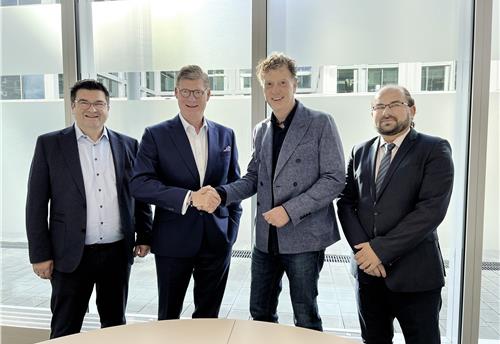Volvo CEO predicts the death of diesel
Diesel engines will have a significant role in lowering CO2 emissions until 2020, but beyond that, electrified cars will prove cheaper and more prevalent.
Volvo Cars CEO Håkan Samuelsson has expressed doubt over the long-term future of diesel engines.
"Europe had legislation that allowed NOx levels of diesel engines to be high, but it is safe to say those days are over," he said, speaking at the Geneva Motor Show. "We have to make a diesel engine with same NOx as a petrol engine, and while that can be done, it will be more expensive, which is why in the long term it's a negative thing."
Samuelsson conceded that diesel has a crucial role in the short term "to cope with the 95g/km CO2 requirement, so until 2020 diesel will continue to have a very important part to play. After that twin engine (hybrid) and all electric cars will become more favourable cost-wise, and when the requirement comes down below 95g/km, I am quite sure the diesel engine cannot help us."
Instead, he sees the future as increasingly electrified. "We will introduce our first all-electric car in 2019," he said, "and by 2025 I can see us offering a pure electric model in all of our ranges."
However, Samuelsson has no plans to create a bespoke electric vehicle architecture, as the two platforms upon which all Volvos will be based by the end of this year were always engineered with electric applications in mind. Samuelsson refused to be drawn on which model would be first to be electrified or what its likely performance and range might be.
He also anticipates having a autonomous Volvo on sale by 2021, capable of being driven "unsupervised". He described the technology as a "no-brainer" that will "transform the value and usefulness of cars".
Samuelsson said: "once you’ve been in an autonomous car, you’ll never want to buy a car without it." He did admit, however, that the technology is going to be expensive, saying: "It will add a lot to the price of the car, but when you consider the value and efficiency of being able to work while the car drives you, it will be worth it".
Meanwhile, Volkswagen has estimated that the price of applying autonomous technology to its all-electric I.D hatchback would approximately double the car's cost.
RELATED ARTICLES
Lamborghini unveils Urus SE ahead of Auto China 2024
Electric-only range of 60km helps reduce emissions by 80%.
ZF to display next-gen e-axle for low-floor city buses at Busworld Turkiye 2024
The AxTrax 2 LF is available with a continuous output of up to 360 kW and a peak torque of up to 37,300 Nm.
Daimler Buses and BMZ Poland to develop next-gen NMC4 electric bus batteries
The new battery generation NMC4 – succeeding the current NMC3 technology – will combine high energy density, resulting i...





 08 Mar 2017
08 Mar 2017
 4167 Views
4167 Views





 Autocar Pro News Desk
Autocar Pro News Desk




